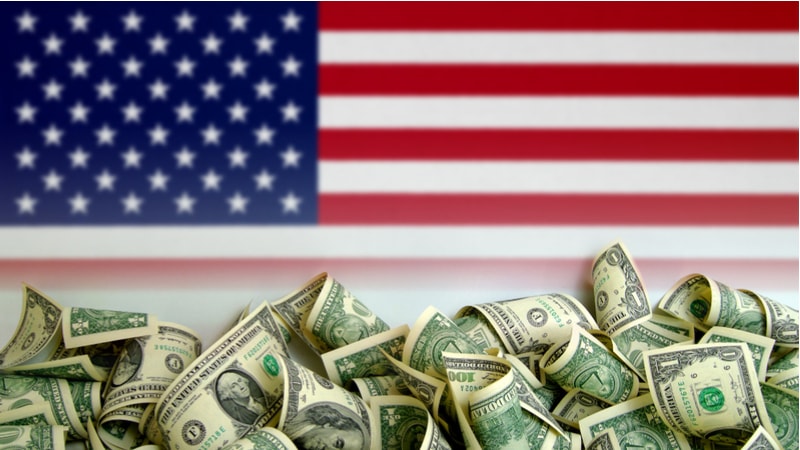
President Biden late Friday confirmed his intention to give Federal civilian employees a 2.0 percent pay raise next year, marking a significant decrease from last year’s 5.2 percent pay raise.
In an Aug. 30 letter sent to House Speaker Mike Johnson, R-La., President Biden said the across-the-board base pay raise will be 1.7 percent and locality pay increases will average 0.3 percent, resulting in an overall average increase of 2.0 percent – consistent with his fiscal year (FY) 2025 budget.
“We must attract, recruit, and retain a skilled workforce with fair compensation in order to keep our government running, deliver services, and meet our nation’s challenges today and tomorrow,” President Biden wrote.
“This alternative pay plan decision will continue to allow the Federal government to employ a well?qualified Federal workforce on behalf of the American people, acknowledging wage growth in the labor market and fiscal constraints,” he added.
The pay adjustment will take effect on January 1, 2025, or the first day of the first applicable pay period, President Biden said.
This pay increase would be the smallest since President Biden took office – Federal employees received a 5.2 percent raise in 2024, 4.6 percent in 2023, and 2.7 percent in 2022.
While still significant, the 2.0 percent pay raise is less than some might have hoped for, including Rep. Gerry Connolly, D-Va., and Sen. Brian Schatz, D-Hawaii, who introduced a 7.4 percent pay raise earlier this year in the latest version of their Federal Adjustment of Income Rates (FAIR) Act.
National Active and Retired Federal Employees Association (NARFE) National President William Shackelford called the 2.0 percent pay raise “disappointing,” especially compared to the proposed 4.5 percent pay raise for military service members.
“This inequity raises concerns about the fair treatment of Federal employees and their contributions to our nation,” Shackelford said in a statement. “This below-market pay increase fails to reflect trends in the private sector, where wages and salaries have risen, and unemployment rates are low. Nor does it keep up with persistent inflation, leaving civil servants with diminished purchasing power.”
Shackelford urged lawmakers to support the FAIR Act “to provide a more equitable pay raise that reflects the dedication and hard work of Federal workers.”
President Biden’s proposed 2.0 percent pay raise will likely become official, as Congress has not proposed an alternate pay raise in the appropriations process – effectively backing Biden’s proposal. The pay raise is not official until President Biden signs an executive order enacting it, which typically happens in late December.
